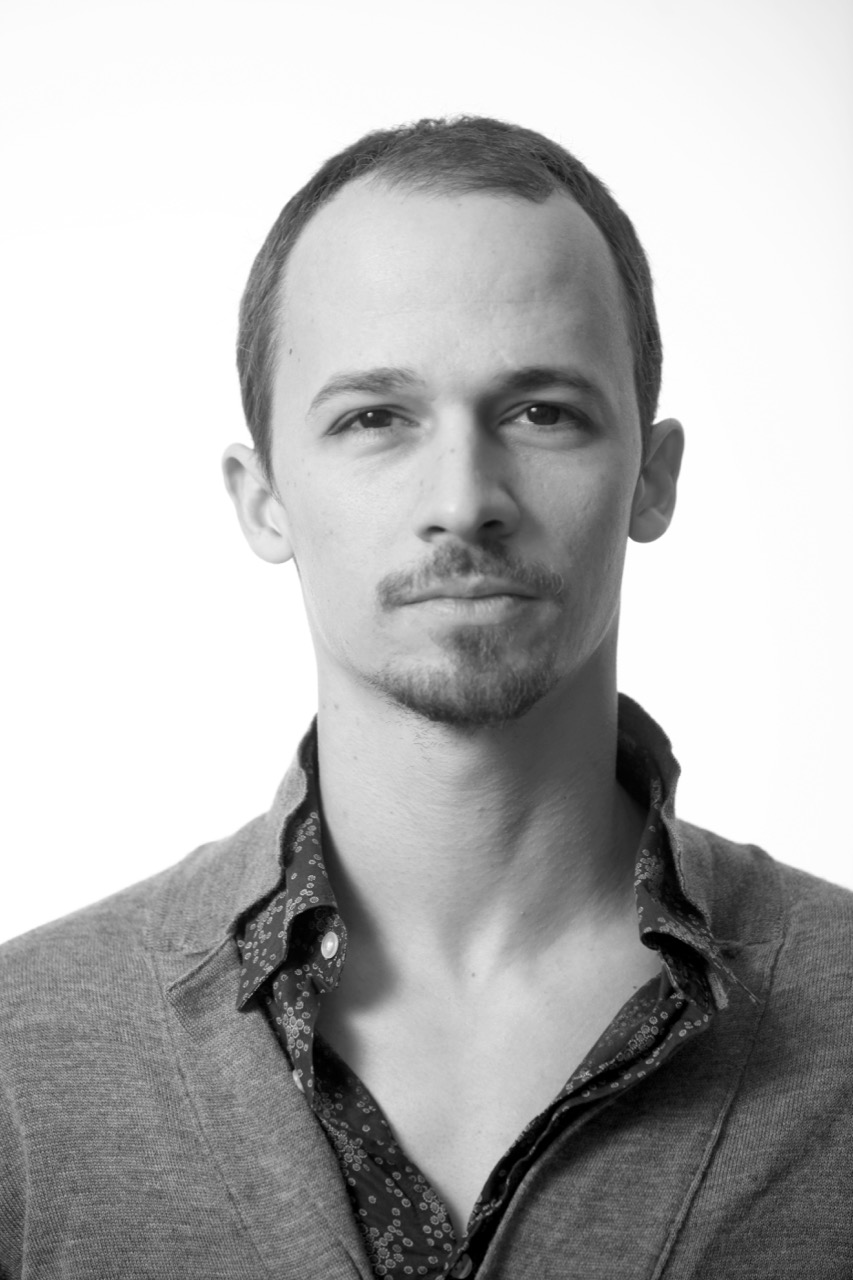Fernando Melo
Born in Rio de Janeiro, Fernando Melo can’t remember when he first became interested in dance. “It was always there. When as a child I saw something with dance or movement on TV, I joined in.” So when a dance studio opened its doors close to his home, he signed up as soon as he could. He didn’t have any strict preferences. “I did ballet, modern dance, jazz, flamenco, musical, you name it.” But gradually his interest was drawn ever more to classical ballet. He started taking part in ballet competitions and at the age of sixteen, at one of these competitions, he won a scholarship to study at the ballet school of the Vienna State Opera. “Since then I’ve only ever been back to Brazil for holidays and to visit my family,” says Melo, who now has been living in Sweden for twelve years.
Coming and going
Following his dance education he danced with Ballett der Deutsche Oper am Rhein in Düsseldorf for five years, following by eight years with GöteborgsOperans Danskompani (Gothenburg Opera Dance Company) in Sweden. He had already begun choreographing in Düsseldorf, parallel to his dance career. “Actually I was already making my own little dances as a child, but in Düsseldorf I seized every opportunity to choreograph something. I really love creating and directing.”
He made pieces for the choreography workshops of Ballett am Rhein and in 2006 – which was his final year in Düsseldorf – he received his first official choreography commission from the company. This resulted in Kommen und gehen, und manchmal bleiben (‘Coming and going, and sometimes staying’), a work whose title clearly refers to his own path through life. In the following years, while dancing in Gothenburg, his choreographic activities began to take up ever more time. “I was always juggling to combine the two careers.” In response the dance company offered him a job as a repetiteur, also giving him the necessary freedom to develop a career as a freelance choreographer.
Dance, opera and film
Since 2014 Melo has devoted his energies fulltime to choreography. In recent years he has worked not only for GöteborgsOperans Danskompani but also for companies such as the Swedish Skånes Dansteater, Aterballetto in Italy, the Aspen Santa Fe Ballet, the het New York-based Ballet Hispanico, Luna Negra Dance Theater and Visceral Dance in Chicago, as well as the National Contemporary Dance Company in Korea. He has also created the choreography for various operas and has made a number of dance films, including Nonstop – presented in Amsterdam during the Cinedans festival – and Mahjong, a film that received an Audience Award at the San Francisco Dance Film Festival in 2010.
Pure magic
He doesn’t have one specific recurring movement style, Melo says. “I let the movement grow out of the idea for a production, which means I’m constantly shifting and varying.” What is a constant, however, is his desire to offer audiences new experiences—often by inviting them to look at what happens on stage from a different perspective. Light, sets, costumes, projections: Melo uses whatever he needs to achieve this. But instead of relying on the latest technical gadgets, he prefers what he calls “old theatre tools.” Mirrors and all kinds of props often play a key role in his work.
You could say that Melo works magic with dance. He makes dancers—or even just body parts—suddenly appear or vanish into thin air, as in the powerful Bate (Heartbeat), which Introdans added to its repertoire in 2009. And in the enchanting Dream Play, added in 2019, he has dancers flying through the air, walking on a slack rope, and climbing on each other’s heads. It’s pure magic, keeping the audience constantly guessing.
For his new choreography Traces (2025), Melo is collaborating with the Arnhem-based Fillip Studios on an interactive staging. Fillip Studios is uniquely equipped to translate the classic stage magic Melo loves into something fresh and innovative. The result is a captivating interplay of light, sound, and movement.
In the programme HubClub’26, an excerpt from The Leaning Tree is shown—where Fernando Melo once again creates a poetic dream world full of illusions, playing with what is real and what is mere appearance. The programme also features an excerpt from The Longest Distance Between Two Points, in which Melo explores emotional and intangible distances between people and objects, and the search for new perspectives.
Choreographies by Fernando Melo in the Introdans repertoire:
Bate (2009), Dream Play (2019), Traces (2025), excerpt from The Leaning Tree (2026), excerpt from The Longest Distance Between Two Points (2026)
